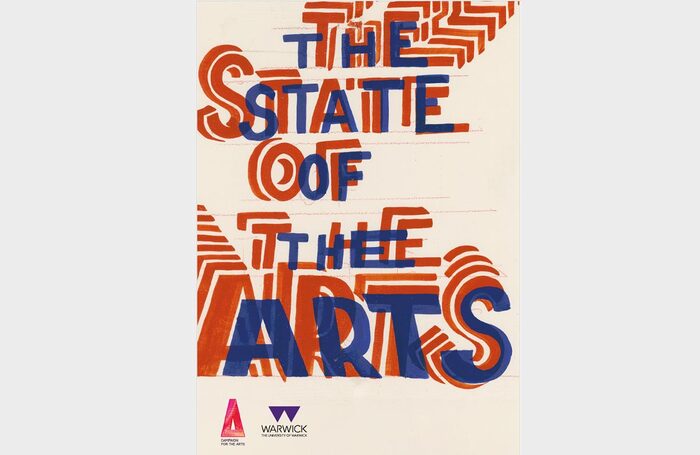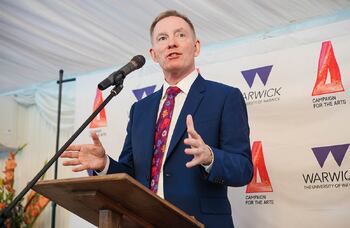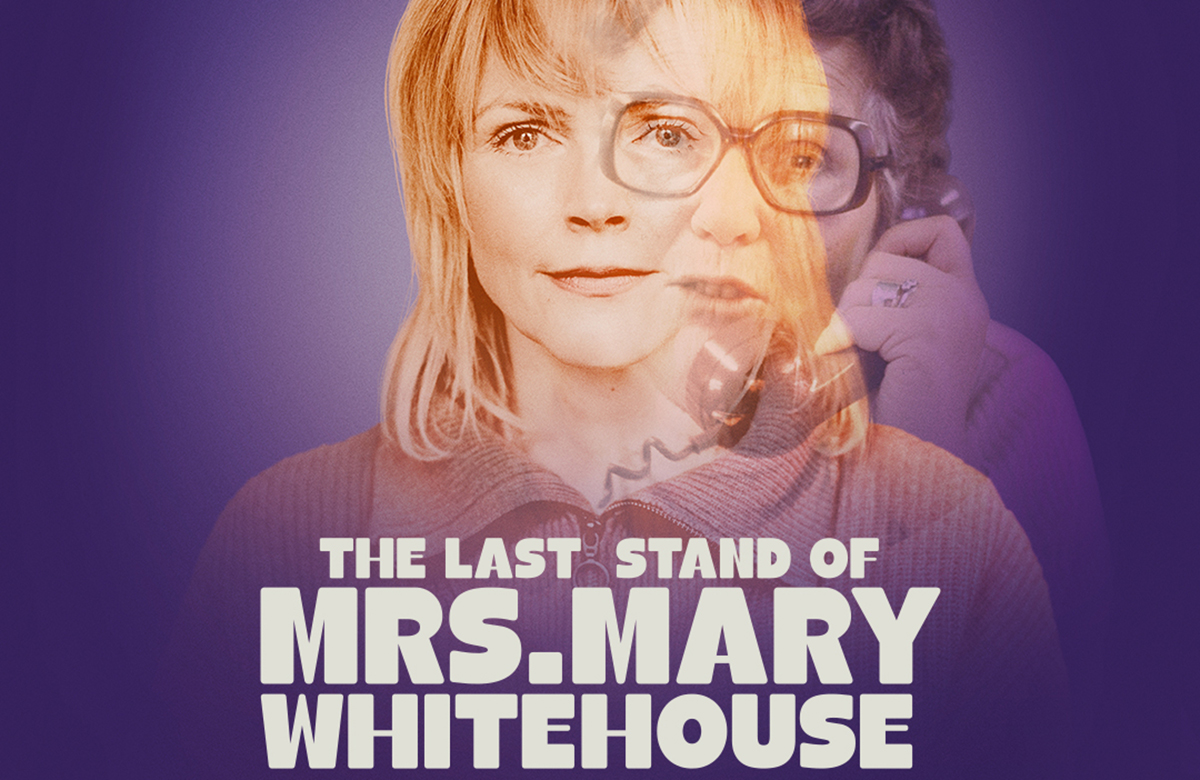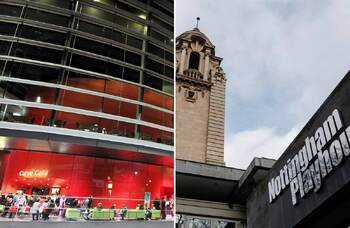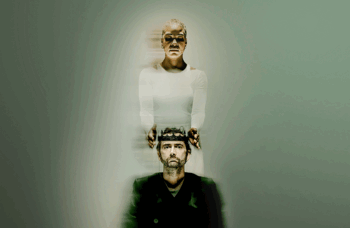Funding crisis: UK arts sector ‘running on empty’ compared to Europe
The UK arts sector is "in crisis" and receives one of the lowest levels of government spending on arts and culture in Europe, according to a report.
It highlights a "dramatic" fall in funding that has seen the UK’s total culture budget slashed by 6% – while countries including Germany, France and Finland have increased their own arts and culture spending by up to 70%.
Produced by Campaign for the Arts and the University of Warwick, the State of the Arts report will receive its official launch at the House of Lords this evening (July 22).
The team behind the report said it "unveils a crisis in the UK’s arts sector".
One of its authors, Campaign for the Arts director Jack Gamble, added: "The arts matter to all of us, and yet the UK’s arts sector is running on empty."
The report considers the state of the UK’s arts scene according to the five "health metrics": arts funding, provision, engagement, education, and employment.
Arts funding
According to the report, the United Kingdom was one of a "small minority" of countries to reduce its total culture spending per person between 2010 and 2022. The 6% decrease in the UK contrasts with increases of 22% in Germany, 25% in France and 70% in Finland.
The report’s analysis, covering the period between 2009/10 and 2022/23, also suggests local government revenue funding of culture and related services has dropped across the board, plummeting by 29% in Scotland, 40% in Wales and 48% in England between 2009/10 and 2022/23.
Meanwhile, the Department for Culture, Media and Sport’s core funding of cultural organisations has decreased by 18%, with Arts Councils’ core government funding dropping by 18% in England, 22% in Scotland, 25% in Wales and 66% in Northern Ireland.
Of the 25 European countries analysed in the report – nations for which central, state and local government expenditure data on arts and culture have been published by the Organisation for Economic Co-operation and Development – the UK ranks among the lowest spenders on culture, both as a percentage of GDP and per person.
As a share of GDP, the UK’s culture spending ranked fourth worst, beating only that of Italy, Portugal and Greece.
Across 25 European nations also including Belgium, Austria and Sweden, the mean average share of GDP invested in culture was 0.74% – while in the UK, it was 0.46%.
Meanwhile, on a local government level – and following well-publicised cuts in cities such as Birmingham and Bristol – the report also illuminates a downwards trend of arts and culture funding. In England, culture and leisure totalled 7.4% of local councils’ spending in 2010/11, but dropped to 4.5% of council spending in 2023/24.
Continues...
Arts provision
The report’s analysis of nearly a million listed events between 2018 and 2023 found a discernible effect on arts programming, with a 23% fall in the UK’s music, theatre, dance and comedy events.
Despite the impact that the pandemic would have taken on events scheduling, the report notes that the number of events increased by only two percentage points between 2022 and 2023, with researchers saying it suggested "post-pandemic lockdown recovery is incomplete and yet slowing".
Moreover, the report highlights the risk of a "fire sale" of public assets to overcome councils’ multibillion-pound funding shortfall, or the chance that local authorities could sell off buildings used for cultural purposes. A 2023 study of government data and freedom of information requests found an estimated 75,000 public assets including libraries and youth clubs had been sold since 2010.
Arts engagement
The report shows that between October 2022 and December 2023, 77% of adults in England attended arts events, compared to 74% in Scotland, 71% in Northern Ireland and 64% in Wales – with cinemas generating the biggest share of arts attendance in all four nations.
But engagement is plagued by "significant" gaps between disabled people and the population as whole – while in some parts of the UK, such gaps existed between adults from ethnic minorities and the population as a whole.
Arts education
The State of the Arts research finds similar evidence of decline in arts education, highlighting a 23% decrease in the number of hours of arts teaching in England state-funded secondary schools between 2011 and 2024.
The report emphasises the importance of schools for equal access to the arts, when many children will not benefit from the same cultural interventions and engagement in their free time – but found that arts education was under threat from issues such as falling teacher numbers.
In English state-funded secondary schools, for instance, the number of arts teachers fell by 27% between 2011 and 2024 – or from 55,000 to 40,000.
Elsewhere, funding pressures are continuing to undermine the arts and humanities at university level, with the State of the Arts research saying financial constraints are "leading rapidly to course closures and job cuts".
Arts employment
The number of jobs filled in the cultural sector rose by 33% between 2011 and 2022 – but researchers claimed the "precarity of freelance work, low wages and unequal distribution of wealth and work" raised questions for its "sustainability" in the longer-term.
This is despite the creative industries consistently growing faster than the UK economy as a whole. In 2021/22, the creative industries grew by 9.8% according to Department for Culture, Media and Sport data – but at the same time, median earnings in the cultural sector between 2016 and 2023 dropped by more than 17%.
All cultural subsections from dance to theatre show median earnings below the 2023 UK average – and the report reminds readers that disparities remain stark between the genders, with men paid 28% more than women across the creative industries.
What the State of the Arts report means
Heidi Ashton, associate professor in cultural and creative ecologies at the University of Warwick, who assembled the report alongside Gamble, said she "sadly wasn’t greatly shocked" by its revelations.
She told The Stage: "What’s shocking is to put it all in one place [...] The government has devalued the arts. That’s very different overseas."
Ashton said European countries appeared more willing to understand the arts’ importance for a "strong, thriving" society, and suggested that in the UK, "value has been ascribed only to things that can show a return, show a profit".
She expressed optimism about the new Labour government’s joined-up approach to policymaking, which will for example see the Department for Culture, Media and Sport engage with the Department for Education on concerns such as curriculum reform.
Ashton said: "We can work towards common goals so that people aren’t left behind in the policy frameworks."
Production News
Recommended for you
Production News
Recommended for you
Most Read
Across The Stage this weekYour subscription helps ensure our journalism can continue
Invest in The Stage today with a subscription starting at just £7.99
